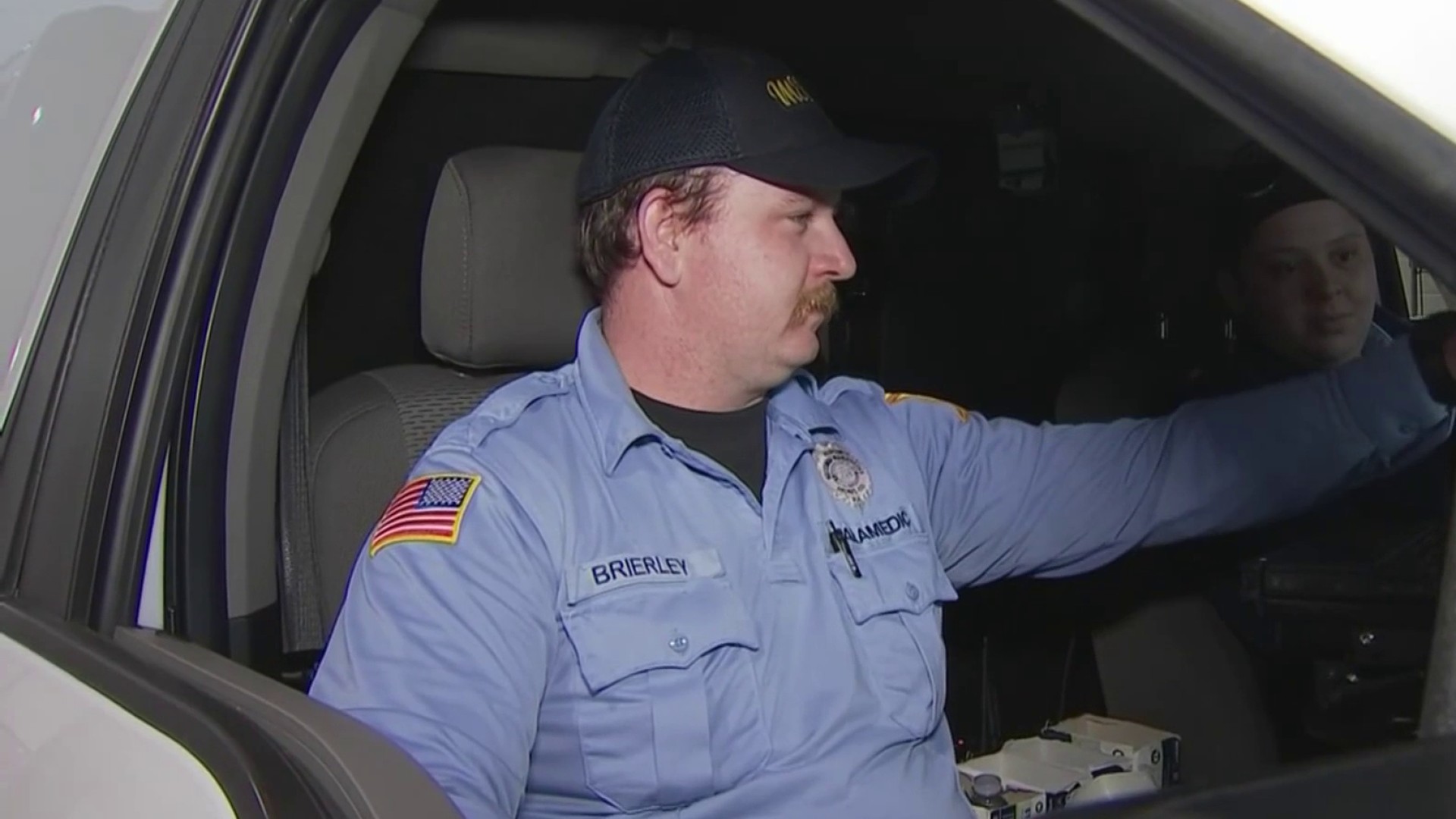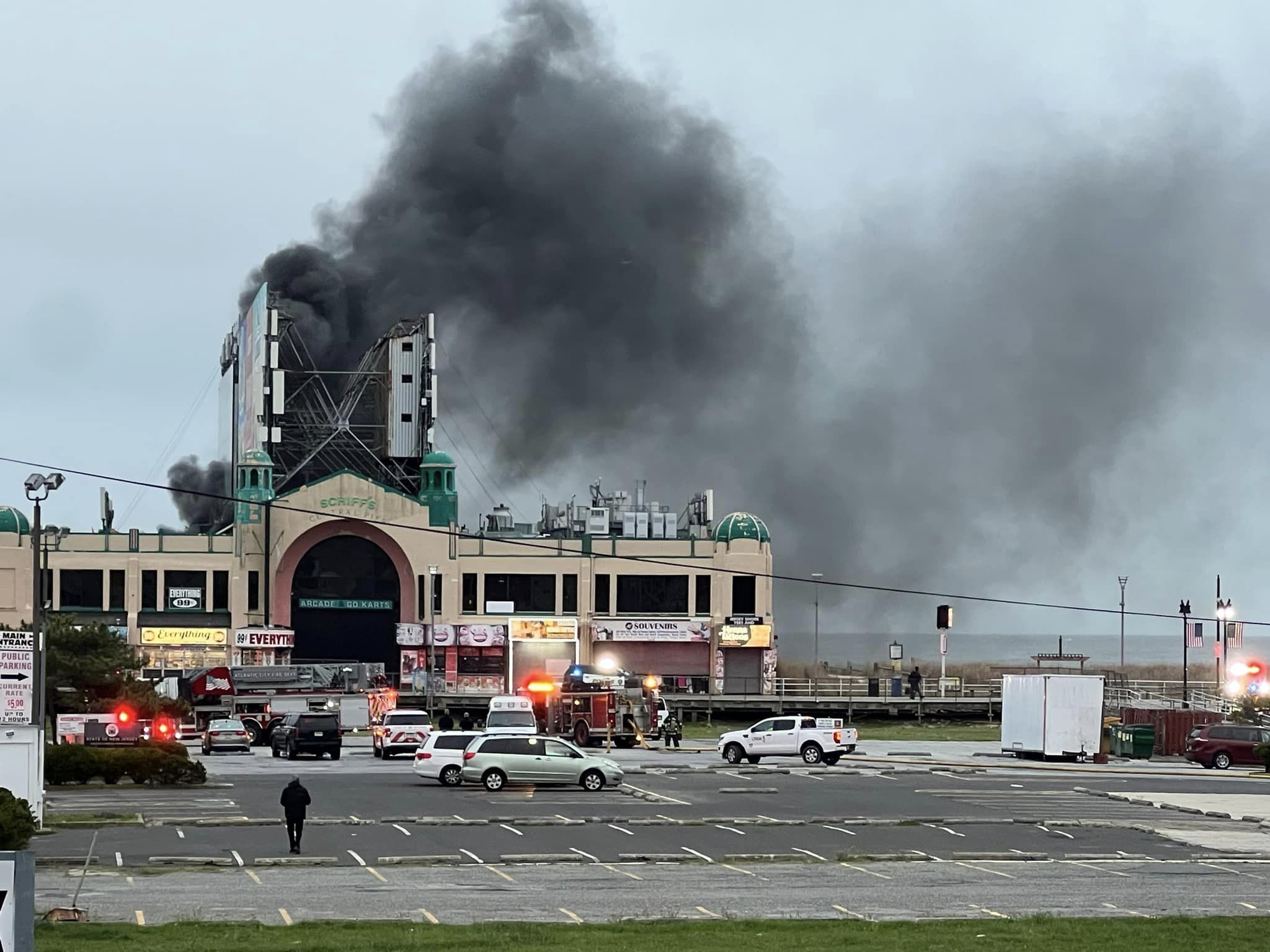Eleven New Jersey Transit train engineers or conductors have been temporarily removed from duty under a new program to assess fatigue-related conditions begun after a deadly crash this fall, the agency said Wednesday.
The effort by the transit agency stems from a Sept. 29 crash of a train from New York in Hoboken that killed one person standing on a platform and injured more than 100 others. It was later revealed the engineer in that crash suffered from sleep apnea, a fatigue-inducing disorder.
Federal investigators have yet to release a probable cause for the crash, and a final report could take until next fall to be completed.
NJ Transit Executive Director Steve Santoro said that under the program begun in October, engineers and conductors who show indications of potential fatigue symptoms will be removed until they can document they've controlled or corrected their conditions. A spokeswoman said 11 operators have been removed since then. [[238427591, C]]
Previously, NJ Transit had allowed engineers with sleep apnea to keep working as long as they were being treated.
The agency has screened engineers and other employees in safety sensitive positions for sleep apnea since 2005, but it hasn't said if engineer Thomas Gallagher, who was operating the train that crashed in Hoboken, was screened, citing medical privacy and the ongoing federal investigation.
Gallagher's lawyer has said NJ Transit was informed a week after the crash that a doctor concluded Gallagher was likely suffering from sleep apnea. Gallagher told investigators he had no memory of the crash and only remembered waking up on the floor of the engineer's cab after his train slammed into a bumping post at 21 mph, more than double the 10 mph speed limit.
Local
Breaking news and the stories that matter to your neighborhood.
Sleep apnea sufferers are repeatedly awakened as their airways close and their breathing stops, leading to dangerous daytime drowsiness. Treatments include wearing pressurized breathing masks, oral appliances or nasal strips to force airways open while sleeping. Some severe cases require surgery.
Santoro also said NJ Transit expects to have its entire fleet of locomotives and cab cars fitted with inward- and outward-facing cameras by the end of next year. The train that crashed in Hoboken had only outward-facing cameras, which didn't record the engineer's actions.



